Let’s face it—construction laws are hard to understand. With different regulations in each state and country, it can be overwhelming for contractors and clients alike to navigate the legal side of construction services.
But before you get too overwhelmed, don’t worry. We’ll cover everything you need to know to ensure your project is compliant and successful.
The Legal Landscape of Construction
The reality is that construction laws and regulations can be very complex. It’s no wonder, considering that they encompass all major aspects of construction. But in order to ensure ethical practices, safety standards, and quality of work, having an understanding of them is essential.
If you’re involved in construction services as a contractor, builder, or client, make sure you understand these key legal concepts in construction:
- Contract Law: The agreement between the contractor and client, outlining the scope of work, financial terms, and other project specifics.
- Liens: These protect contractors and subcontractors, ensuring they get paid for their work. If payment isn’t received, they can claim a lien on the property.
- Permits and Zoning: Necessary permissions from local or state authorities to begin construction. Zoning laws dictate what can be built and where.
- Labor Laws: These laws protect workers’ rights, including wages, working hours, and safety conditions.
- Tort Laws: This covers personal injuries on the construction site and property damages resulting from construction work.
Understanding the complex laws of construction services will require more than these terms, but we’re here to help.
Stronghold Engineering’s Guide to the Legal and Regulatory Aspects of Construction
With this simple guide, we’ll help simplify your journey through the complex maze of construction laws.
Licensing and Permitting
Proper licensing is paramount in the construction service industry. It not only signifies the legal operation of a contractor but also assures clients of their credibility, skill set, and adherence to industry standards. An unlicensed contractor is a risky proposition that could potentially lead to substandard work, legal issues, and invalid insurance claims.
There are a few different types of construction licenses:
- General Contractor License: This permits contractors to work on any type of construction project.
- Specialty Contractor License: Contractors with this license specialize in one specific area of construction, such as plumbing, electrical work or roofing.
- Home Improvement License: This license is for contractors who work on existing residential properties, performing tasks such as remodeling and repairs.
- Commercial Contractor License: This license allows contractors to work on commercial properties like office buildings or retail spaces.
- Residential Contractor License: Contractors with this license are permitted to construct new homes or residential properties.
Compliance with Building Codes
Building codes and standards dictate important aspects of the construction industry. They represent a common, accepted benchmark of quality and safety to ensure that all structures meet a minimum level of reliability. This can include the following:
- Design
- Materials
- Safety Measures
- Accessibility Requirements
These codes and standards are subject to local and national regulations, which can vary significantly based on factors such as geographical location and type of structure. Building inspectors regularly evaluate construction service sites to ensure that everyone involved in a project possesses a firm understanding of relevant laws.
Environmental Regulations
Environmental impact assessments (EIAs) play a crucial role in construction by helping to forecast and address the potential environmental effects of proposed projects. Compliance with environmental regulations is simply non-negotiable—projects must always adhere to these laws designed to protect our natural world.
Beyond the baseline regulations, you can always go a step further. Implement sustainable construction practices such as using eco-friendly materials and energy-efficient designs to lessen your environmental impact.
Safety Regulations
Construction is a labor-intensive industry, and safety regulations are in place to protect workers’ rights. A construction service company’s number one priority should always be the safety of its employees. Following these regulations is extremely important for the well-being of your business.
The biggest regulation to follow is the Occupational Safety and Health Administration (OSHA) standards which outline requirements for fall protection, scaffolding, and excavation. Failing to comply with these regulations can result in hefty fines or shutdowns.
Stronghold Engineering: A Partner in Compliant Construction Services
At Stronghold Engineering, we understand the complexities of construction laws and regulations. That’s why we strive for compliance in all our projects, so that we can embody ethical practices, safety standards, and quality work. Our expertise makes us a trusted partner in providing reliable construction services while adhering to all legal and regulatory requirements.Let us help you navigate the legal landscape of construction with ease.

